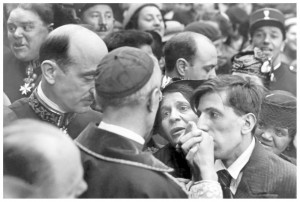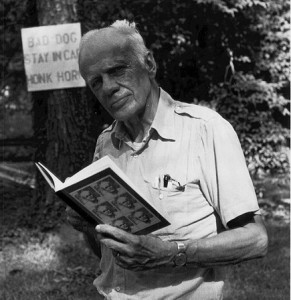
Doing Art and Doing Other Things: On Michaels on Photography
But there are many ways to be an intentionalist. Time is always limited, of course, but each of the various historical predecessors I sketched a moment ago offers distinct nuances, and mentioning them reminds us of the sheer variety of positions—about what’s possible, about where the challenges lie, about where the accent should go—that have been available to thinkers trying to understand intentions in a material world.



